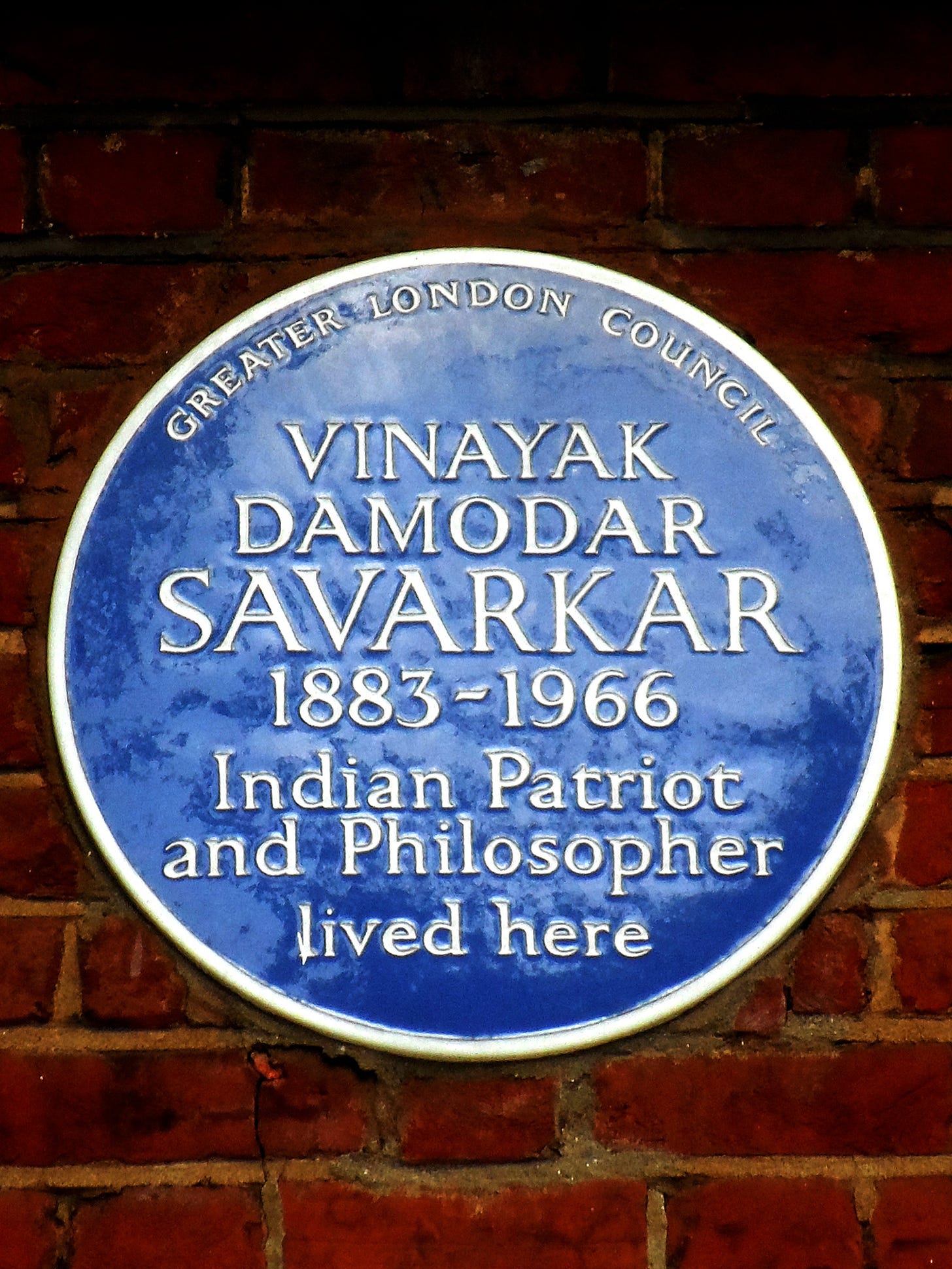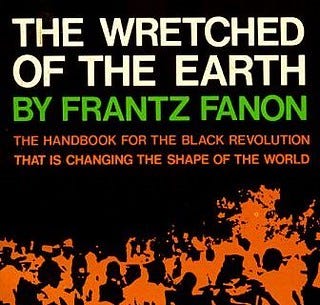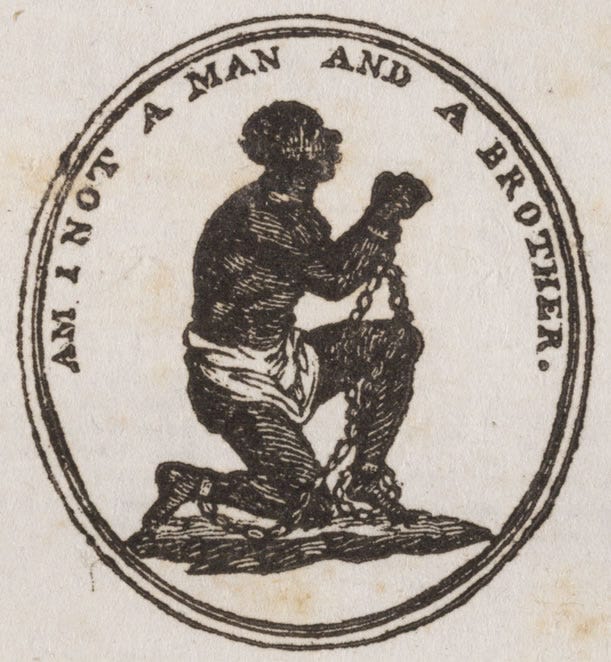Post-colonialism refers to the decline, since the First World War, of the West’s wealth and power relative to the rest of the world. What does this mean in the world of ideas?

What you think it means is the death a set of old ideas, including the superiority of the white race, the civilizing mission of advanced countries, and the legitimacy of social hierarchies of race, gender and class. These ideas will be replaced by a belief in racial equality, a commitment to universal human rights, feminism, democracy, and the recognition of the ethical importance of diversity.
This is untrue. Those old ideas have been dead for fifty years. They twitch sometimes, when someone kicks the corpse.
What post-colonialism in fact means is the death of your ideas: racial equality, universal human rights, feminism, democracy, and diversity. Those are Western ideas. They are supported in Western universities. Their appeal derives from the prestige and power of the West. When other places gain power and prestige, then their ideas will hold sway instead.
Your ideas have great appeal. You have met many people from non-Western countries who endorse them. Yes, but those people are the Westernized elite of their countries. You met them at university courses, in international organizations, or working in Western metropolises. They are not the elite who will make their countries rich and powerful. Instead, they are a side-effect, sometimes a cause, of their countries’ weakness and poverty. When their countries become rich, they will have new elites who replace these hangers-on. When Turkey got rich, it replaced the secularists with Islamists. China will send its children to its own universities soon.
Your ideas may derive from universal truths. Perhaps human rights are cultural absolutes, democracy is the unsolved riddle of all constitutions, and every person equally possesses a soul. Perhaps, but if so, the ideas were universally true at the time of the Roman emperors, when they were not important or widely believed. Clearly, truth does not guarantee acceptance. In any case, an alternative perspective is that important ideas are appropriate to the times. An idea is a working hypothesis, not a deduction from the Law of Nature.
The optimist’s most tenable thesis is that a society cannot develop without endorsing these ideas. Eighteenth- and nineteenth-century Britain believed that liberalism was making it rich. Freedom of speech went along with freedom of contract. The Divine Right of Kings was replaced by government for the people. In 1990, you might believe the same thing again. Soviet countries had ignored human rights, trampled on free speech, and got stuck in sclerosis. Daron Acemoglu and James Robinson still believe. They talk about “inclusive economic and political institutions”. The phrase is worryingly vague. Must these inclusive institutions include regular ballots and an independent judiciary? China seems to have got rich without those. Perhaps China will either democratize, or get stuck in a middle-income trap. Perhaps. I would bet on the market of a billion consumers. Adam Smith said all you need to get rich is “peace, easy taxes, and a tolerable administration of justice”. That is a much broader church than even classical liberalism, let alone its modern variant. While Britain developed, it ran the slave trade. What fact about China’s development will stop the Uighurs picking cotton?
The influential ideas of this century will spring out of Hindutva, Islam, and Chinese communism. That does not sound like intellectually promising terrain: a quasi-fascist movement, a religion, a discredited ideology. But those ideas already influence millions. In time they will influence intellectuals too, who are always the last to know. In the long run, wealth and power buy ideas.
Your ideas will continue to exist. They will be used as a rhetorical tool to divide your societies, or for trivial whataboutery. China can continue to oppress the Uighurs while attacking white supremacy. Since human self-righteousness has no limits, multicultural societies will remain vulnerable to this rhetoric. Equally it is fair to say that Russia has sometimes found it profitable to kick the corpse.
Filter bubbles predate the internet. Simply because we cannot think about every possible idea, every culture imposes a bubble and lives in it. You are living in a shrinking bubble. That is post-colonialism. The story being told is about you.
If you liked this content, then I would love you to do three things:
Subscribe to this newsletter. It’s free, posts are occasional, and subscribers make me happy.
Share Wyclif’s Dust on social media. This newsletter is a new venture, so by telling your friends and/or followers, you’ll be doing me a huge favour.
Read about the book I’m writing. It’s called Wyclif’s Dust, too. You can download a sample chapter.





Thank you for this. Here's another idea that may be short lived. Paul Samuelson once wrote to Milton Friedman thus: “As you know I hate to change my mind, but I hate worse to hold wrong views, and so I have no choice.” Many people now hate to change their minds worse than they hate holding wrong opinions.